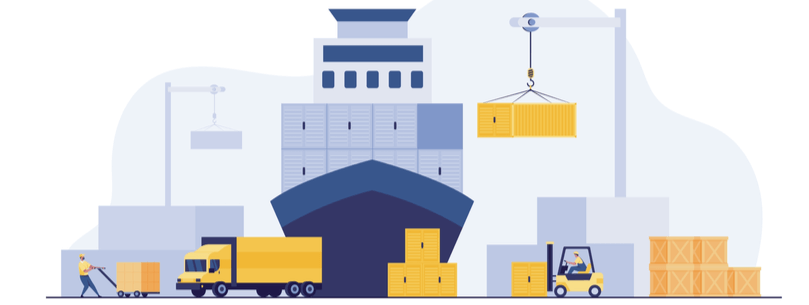Germany stands out as an attractive market for international businesses due to being the largest economy in Europe and having a robust e-commerce infrastructure. However, conducting e-exports in Germany requires following the right strategies and processes. This guide will walk you through step-by-step to successfully manage e-export processes in Germany.
1. Market Research and Target Audience Identification
Before starting e-export to Germany, conducting thorough market research is crucial. Conduct market research to understand consumer behaviors, shopping habits, and preferences in Germany. Determine which products or services are in demand in the German market and define your target audience. Particularly, identify your target audience considering cultural and economic differences among different regions of Germany.
2. Germany-Specific Digital Marketing Strategies
When conducting e-exports in Germany, it’s important to create digital marketing strategies considering the local language and culture. What are the commonly used social media platforms, search engines, and e-commerce websites in Germany? Which platforms attract German consumers’ interest and influence their purchasing decisions? Understanding how German consumers use digital media will help you create an effective digital marketing strategy.

3. E-Commerce Website Optimization
When conducting e-commerce in Germany, ensure that your website is suitable for German consumers. Your website should have support for the German language and offer payment and delivery options preferred by consumers in Germany. Additionally, your website should be mobile-friendly and have a fast loading structure. German consumers generally prefer fast and user-friendly websites, so prioritize optimizing the user experience of your website.
4. Logistics and Delivery Processes
Effective logistics and delivery processes are critical for successful e-exports in Germany. By offering fast and reliable delivery options to customers, you can increase customer satisfaction. Finding reliable logistics partners in Germany and managing international shipping processes efficiently are important. Additionally, plan your logistics processes considering tax and customs regulations in Germany and ensure compliance with legal regulations.
5. Customer Service and Support
Providing fast and effective customer service in Germany can enhance your brand reputation. German consumers generally value high-quality customer service and expect quick resolution of issues. Providing customer support through various communication channels such as phone, email, or live chat can increase customer satisfaction. Additionally, providing clear information to customers about consumer rights and return policies in Germany can help build a trustworthy brand image.
6. Legal and Tax Compliance
When conducting e-exports in Germany, it’s important to comply with local legal regulations and tax rules. You should be knowledgeable about tax rates, return policies, and consumer rights in Germany and manage your business accordingly. Additionally, complying with data protection and privacy laws in Germany is important. By complying with local legal regulations and tax rules, you can minimize legal risks when conducting e-exports in Germany.
Conducting e-exports in Germany requires following the right strategies and processes. By following the steps outlined above, you can successfully establish a presence in the German market and grow your business.
To learn about the services provided by Marker Groupe, you can contact us via the MarkerGroupe.com website or via the e-mail address hello@markergroupe.com.





